The global coronavirus pandemic has left us with an unstable economy, and it’s more important than ever to make sure your nonprofit’s finances are in order. In response to COVID-19, your organization may be concerned about donor retention, paying staff salaries, and maybe even just keeping the lights on.
With strategic adjustments and fiscally responsible choices, you can sustain your nonprofit’s finances even through these trying times. Here are some of our favorite strategies:
- Stay up to date with the news.
- Use a certified e-filer for your taxes.
- Invest in proper finance software.
- Adjust your fundraising efforts.
While these tactics are especially useful in a time of economic crisis, they certainly don’t have to end when the crisis does. These tips provide a foundation for effectively managing your nonprofit finances that can be useful going into the future as well.
Stay up to date with the news
Keeping up with legislative changes and current events is essential for businesses at any time but especially when the state of the world’s health and economy changes rapidly. Two laws, in particular, have had a big impact on the nonprofit industry in the last years.
Here are two recent examples:
- Taxpayer First Act. Signed into law on July 1, 2019, the Taxpayer First Act covers a range of financial updates concerning the IRS and its modernization strategy. When it comes to nonprofits, the biggest change is the requirement to use online tax forms rather than traditional paper forms. This is important to know, so that you don’t risk fines and other consequences for late or missing tax forms.
- CARES Act. The CARES Act, which stands for Coronavirus Aid, Relief, and Economic Security, passed on March 27, 2020. The act aims to mitigate some of the devastating effects of the COVID-19 pandemic by offering low-interest loans and relief grants to help nonprofits like yours continue paying staff members and keep your doors open.
Staying in the know is the key to maintaining nonprofit compliance as well as making sure you don’t miss out on any benefits.
Use a certified e-filer for your taxes
As a result of the aforementioned Taxpayer First Act, nonprofit tax forms are transitioning to a fully digital system. If your organization is used to filing manually, this might be a big change.
Some nonprofits may choose to hire an accountant to file their Form 990, but in many cases, especially for smaller nonprofit organizations, this isn’t necessary. Instead, consider an IRS-approved Form 990 tax software provider to guide you through the process. This will save your organization money as well.
A certified e-filer can help you
- File your tax forms on time. Set up your e-filer to send you a reminder as the deadline for your Form 990 approaches. The consequences for a late or missing tax form include severe monetary fines and, eventually, a revocation of your 501(c)(3) status.
- Ensure the accuracy and completeness of your form. Inaccurate or incomplete information can cause confusion, and may even result in the same penalties as a missing form. This also prevents your organization from sharing potentially sensitive information by explicitly stating which details to include and which to omit.
- Save time involved in filing. Only include crucial data; the e-filer does the rest. It’s a much quicker process than trying to file by hand, especially if you’re new to the digital filing system.
- Retain key information year after year. Much of the required information remains the same each year you file, so choose an e-filer that can save your data — and automatically carry it over to the next year.
According to re:Charity’s Form 990 Guide on selecting the right Form 990 software, your nonprofit may be eligible for the 990-N, 990-EZ, 990-PF, or the full 990. The right form for your organization depends on gross receipts and other factors.
Invest in proper finance software
Investing in nonprofit software is one of the smartest moves you can make. Although it may increase overhead expenses, the right tools pay for themselves time and time again.
One key factor to consider when making these decisions is the software provider’s scalability. Make sure any resources you invest in can grow alongside your nonprofit into the foreseeable future.
Having the right resources for your nonprofit is essential for keeping operations running smoothly. Here are some of our recommendations
- IRS-certified tax software
- Fundraising pages and resources
- A CRM that can help track networking opportunities
- Human resources or talent management tools to hire and retain the best team
Without proper software, you run the risk of falling behind — especially as more organizations transition to virtual solutions.
Adjust your fundraising efforts
Effective fundraising practices are a big part of running a financially sustainable organization. Generous contributions from supporters likely make up a crucial portion of your annual budget, yet amid the current pandemic and developing economic crisis, you may need to tweak your fundraising strategy. Fundraising events worldwide have been postponed, canceled, or transitioned online, and some of your dedicated supporters may have been financially impacted themselves.
Therefore, it’s crucial that your organization emphasizes virtual fundraising. This allows donors to give quickly and easily to an online campaign from the comfort and safety of their own homes.
If your nonprofit already has a strong online fundraising strategy in place, you’ve likely begun to reap the benefits. On the other hand, if you’ve yet to move your fundraising online, now is the perfect time to do so. All you need to get started is an optimized donation form and a way to get the word out!
If you’re struggling with your fundraising efforts going forward, consider seeking a fundraising consultant to help you decide on your next steps. They can give great advice and actionable insights about maximizing your fundraising revenue, and provide a solid foundation from which your organization can build.
Implementing these best practices is one of the most effective ways to ensure your nonprofit survives this difficult time.





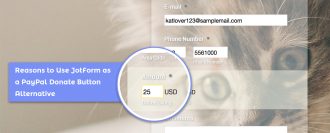

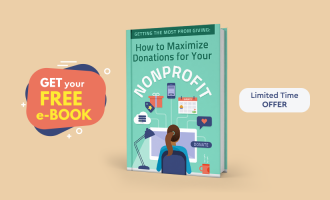







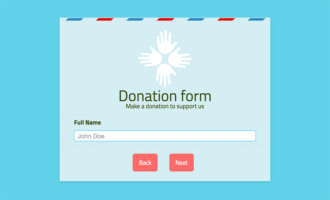
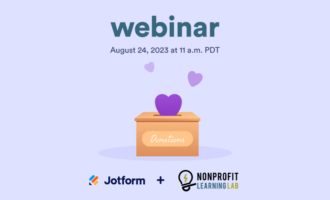


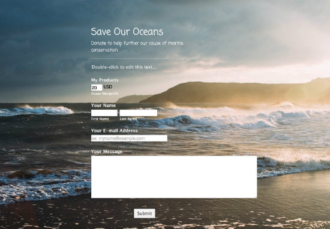
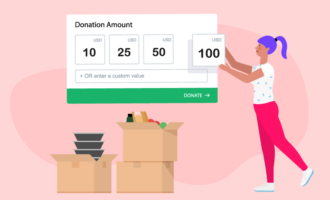
















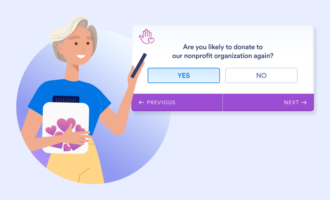
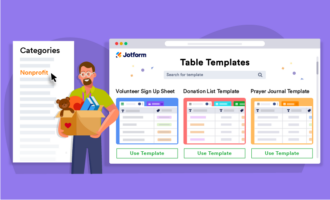












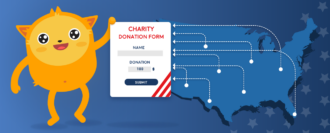

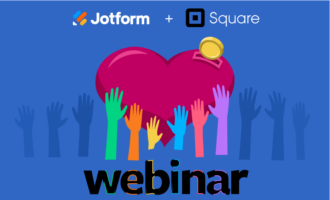






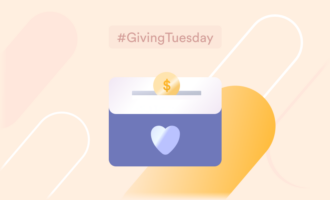







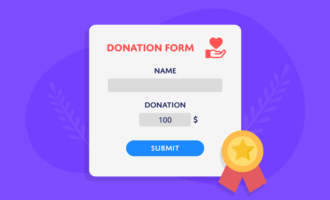

Send Comment: